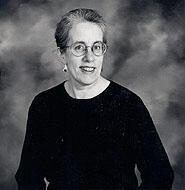Media
Edith Flagg
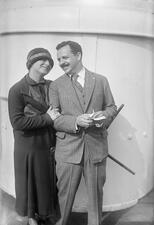
Doris Fleischman
Doris Fleischman made history as the first American married woman issued a passport under her own name. Her prolific writing career and public feminism brought her national recognition.
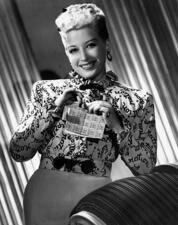
Helen Forrest
Despite an unhappy childhood, Helen Forrest achieved great success as a singer in several big bands. She was one of the first singers in the big band era whose vocals were featured throughout a full band arrangement, and one of the only women vocalists who had the courage to ask for individualized arrangements.
Lee Weiss Frank
Lee Weiss Frank worked as a reporter and radio show host, was involved in the Women’s International League for Peace, and was a prominent public figure in Philadelphia. Her legacy extends beyond her community work and journalism, as she was a prolific artist painting in oil and in watercolor.
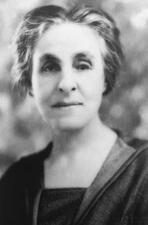
Ray Frank
While her career was short-lived, Ray Frank remains significant as the first Jewish woman to preach from a pulpit in the United States. Her speeches often encouraged communal cooperation and tried to heal congregational disputes, and she notably gave an address at the first Jewish Women’s Congress in 1893.
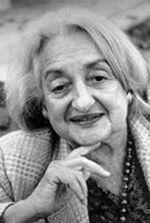
Betty Friedan
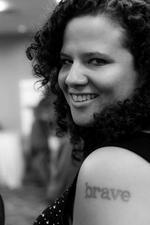
Jaclyn Friedman
Barbara Frum
Barbara Frum was an awarding-winning Canadian journalist. She was the founding co-host of CBC’s “The Journal,” in which capacity she gained public respect as a tough interviewer. Over the course of her career, she interviewed over 2600 people, receiving numerous awards for her work. Her reputation as a Canadian icon lives on.
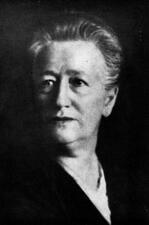
Henriette Fürth
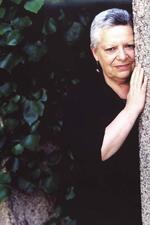
Luisa Futoransky
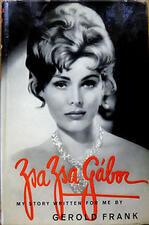
Zsa Zsa Gabor
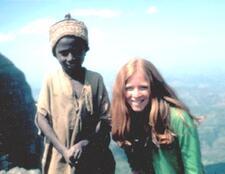
Barbara Gaffin
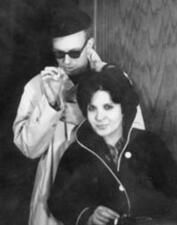
Roberta Galler
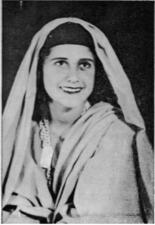
Esther Gamlielit
Esther Gamlielit was prominent in a lineage of Yemenite singers, after Brachah Zefira and before Shoshana Damari. Gamlielit was a talented singer, dancer, and actress, known for performing songs with the Yemenite-style pronunciation of the Hebrew letters het and ayin.
Annabelle Gamson
More than any other artist in the mid-1970s, Annabelle Gamson initiated unprecedented attention to the history of American modern dance. Her musically inspired, passionate performances of dances, choreographed by Isadora Duncan and others in the early twentieth century, brought about a resurgence of interest in Duncan’s work and her legacy, modern dance.
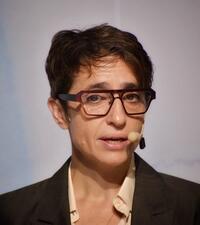
Masha Gessen

Tavi Gevinson
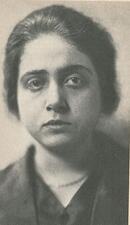
Therese Giehse
Focusing on difficult roles written for older women, Therese Giehse earned a reputation as a talented actress who brought Bertolt Brecht’s works to life. She co-founded an anti-Nazi literary cabaret called The Peppermill in 1933 and was known for touring successful anti-fascist theaterical works. She had a long collaboration with Brecht and developed a reputation as an “intellectual popular actress.”
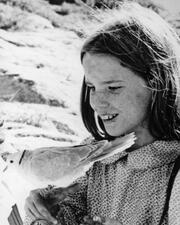
Melissa Gilbert

Ilana Glazer
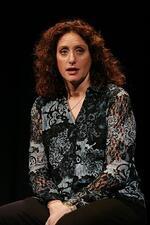
Judy Gold
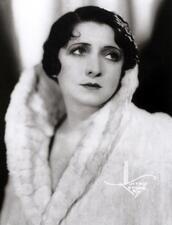
Jennie Goldstein
Jennie Goldstein was one of the foremost Yiddish theater tragediennes, beloved by the public and acclaimed by critics for her acting skills and outstanding voice. During the 1940s, as opportunities in the Yiddish theater waned, Goldstein transformed herself into a comedian.
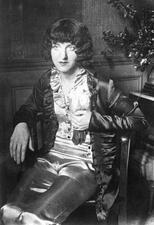
Claire Goll
Claire Goll’s poetry and prose were fueled by the tragedies and scandals that shaped her life. She and her husband, writer Yvan Goll, were central cultural figures of the French avant-garde, and her prolific body of work includes journalism, multiple novels, short fiction, and numerous translations of other authors’ works.
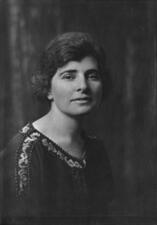
Dorothy Lerner Gordon
Dorothy Lerner Gordon—musician, broadcaster, author—dedicated her talents to the entertainment and education of children and young people. Throughout her career, she created radio programming to give children access to literature, music, and current events.
